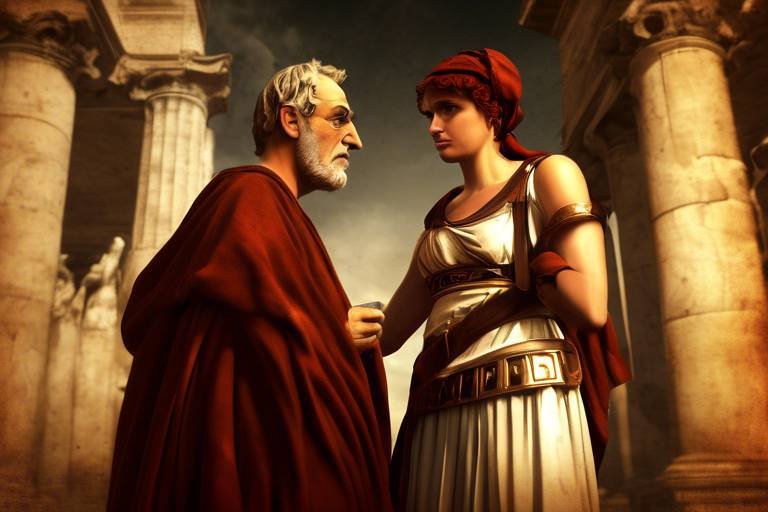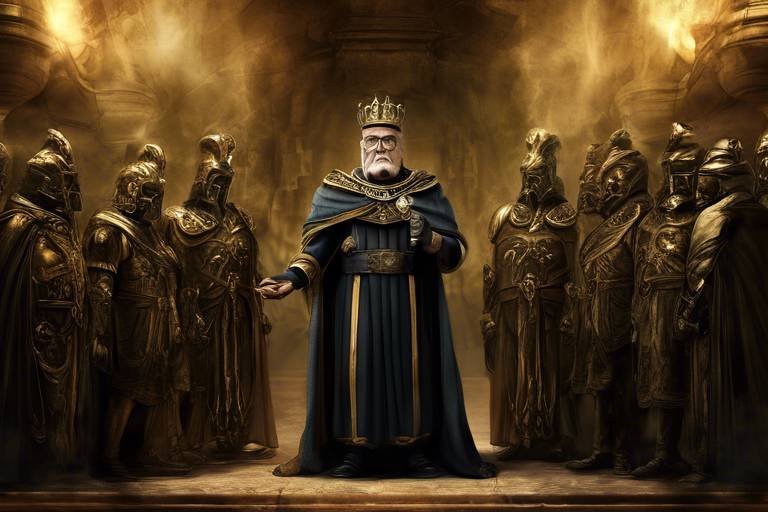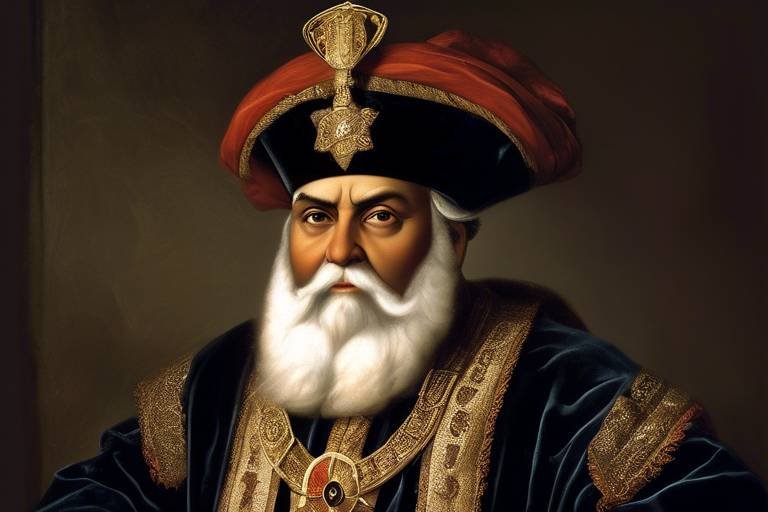Plato: The Philosopher of Ideas
Plato, the revered ancient Greek philosopher, stands as a towering figure in the realm of Western philosophy, renowned for his profound insights and intellectual contributions that have shaped the course of philosophical thought for centuries. Born into a prominent Athenian family around 427 BC, Plato's philosophical journey was deeply influenced by his mentor, the illustrious Socrates, whose teachings left an indelible mark on the young philosopher's mind.
At the heart of Plato's philosophical framework lies his Theory of Forms, a concept positing that behind the transient world of appearances exists a realm of eternal, unchanging Forms or Ideas that serve as the true reality. These Forms, according to Plato, are the essence of all things, providing a blueprint for understanding the nature of knowledge, truth, and existence itself.
One of Plato's most enduring allegories, the Allegory of the Cave, serves as a powerful metaphor for the human condition, illustrating the journey from ignorance to enlightenment. Within the confines of a dark cave, prisoners are chained, their perception limited to shadows on the wall. As one prisoner ascends to the light of the outside world, a profound realization dawns, symbolizing the transformative power of philosophical insight.
Plato's vision of education as a transformative process aimed at nurturing the soul and fostering virtue remains a cornerstone of his philosophical legacy. In his seminal work, "The Republic," Plato outlines his ideal state governed by philosopher-kings, where justice reigns supreme, and individuals strive for the attainment of wisdom and moral excellence.
Ethics and virtue occupy a central place in Plato's philosophy, with an emphasis on the pursuit of wisdom as the ultimate goal of human life. For Plato, the cultivation of the soul through the practice of virtue leads to the harmonious alignment of the individual with the cosmic order, paving the way towards a life of moral integrity and intellectual enlightenment.
Plato's enduring influence extends far beyond his own time, permeating subsequent philosophical thought and shaping diverse intellectual traditions. From the mystical doctrines of Neoplatonism to the theological reflections of Christian thinkers, Plato's ideas continue to resonate across the ages, inspiring generations of scholars and philosophers.
Despite his profound impact, Plato's philosophy has not been immune to criticism and controversy. Skeptics have raised objections to his theory of Forms, questioning the existence of a separate realm of Ideas beyond the physical world. Debates surrounding Plato's views on democracy, the nature of justice, and the implications of his ideal state persist in contemporary philosophical discourse, underscoring the enduring relevance of his ideas.
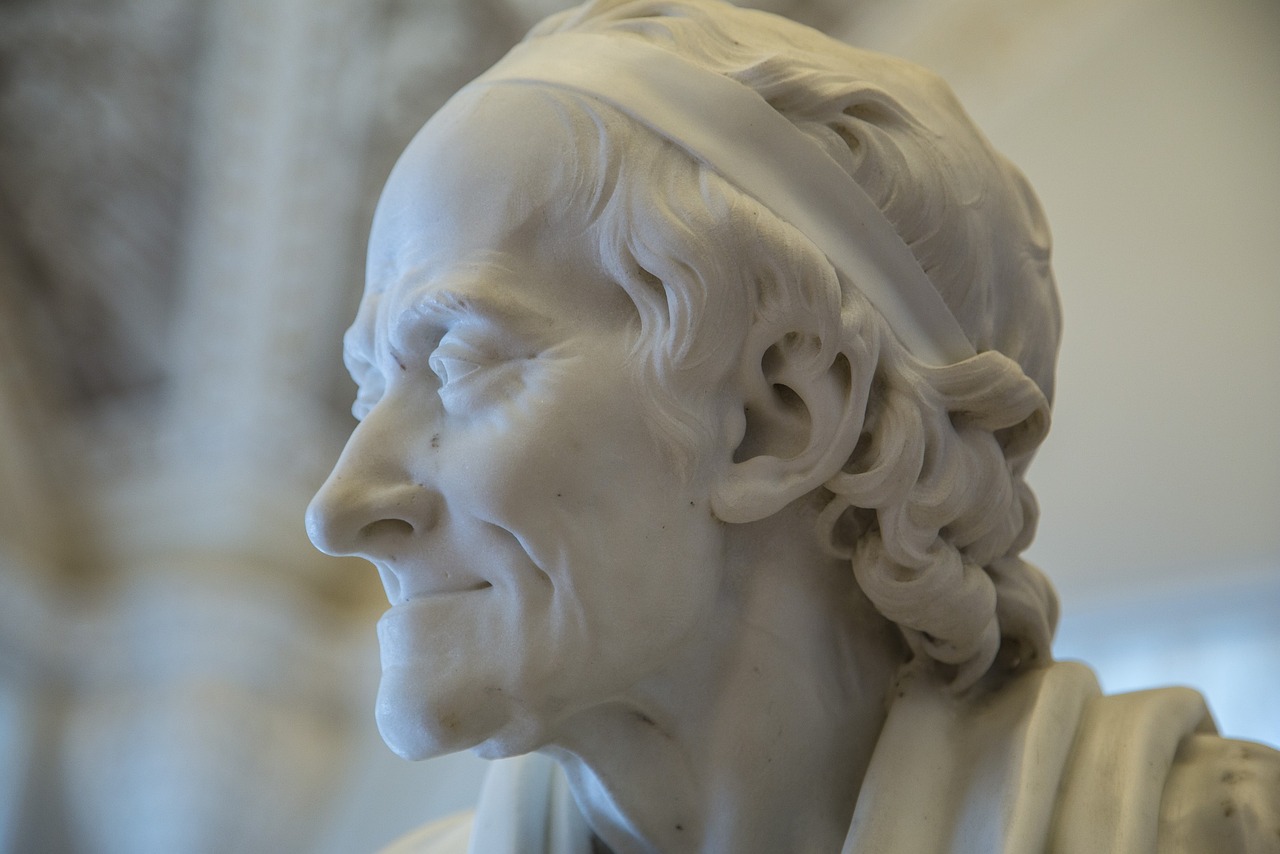
Early Life and Education
Exploring the life and philosophical contributions of Plato, one of the most influential figures in Western philosophy. Delving into his theories on metaphysics, ethics, politics, and the nature of reality.
Plato, born in Athens around 428/427 BC, belonged to an aristocratic family with strong political ties. As a young man, he became a student of the renowned philosopher Socrates, whose method of questioning and pursuit of truth deeply influenced Plato's intellectual development. The execution of Socrates in 399 BC had a profound impact on Plato, shaping his commitment to seeking justice and truth through philosophical inquiry.
During his travels to Italy, Sicily, and Egypt, Plato encountered various schools of thought and gained a diverse range of knowledge that would later inform his own philosophical works. His educational journey was not limited to traditional academic settings but extended to engaging with different cultures and perspectives, enriching his understanding of the world.
Upon his return to Athens, Plato founded the Academy, one of the earliest known institutions of higher learning in the Western world. The Academy served as a center for philosophical discourse and intellectual exploration, attracting students and scholars from far and wide to engage in critical dialogue and debate.
Plato's experiences as a student of Socrates and his dedication to the pursuit of truth laid the foundation for his future philosophical endeavors, marking the beginning of a legacy that would shape the course of Western thought for centuries to come.

Theory of Forms
Exploring the life and philosophical contributions of Plato, one of the most influential figures in Western philosophy. Delving into his theories on metaphysics, ethics, politics, and the nature of reality.
Plato's Theory of Forms is a cornerstone of his philosophical framework, presenting a profound concept that challenges conventional perceptions of reality. According to Plato, the physical world we perceive through our senses is merely a shadow or imperfect reflection of a higher realm of Forms or Ideas. These Forms are the true essence of things, eternal and unchanging, existing independently of the material world.
Imagine a world where everything we see is just a mere imitation of a perfect, ideal form. Plato's Theory of Forms suggests that behind every physical object or concept lies a transcendent Form that embodies its purest and most real essence. For example, the concept of beauty in the physical world is just a reflection of the ultimate Form of Beauty, which is eternal and immutable.
To illustrate this concept, Plato uses the famous allegory of the cave, where prisoners are chained and can only see shadows cast on the wall in front of them. These shadows represent the illusions of the physical world, while the true Forms exist outside the cave, in the realm of pure knowledge and enlightenment.
Plato's Theory of Forms has profound implications for our understanding of knowledge and truth. It challenges us to look beyond the superficial appearances of the world and seek the eternal and unchanging Forms that underlie reality. By contemplating these Forms, we can attain a deeper understanding of the fundamental principles that govern the universe.
In essence, Plato's Theory of Forms invites us to question the nature of reality and the limits of human perception. It encourages us to strive for intellectual enlightenment and transcend the illusions of the material world in search of ultimate truth.
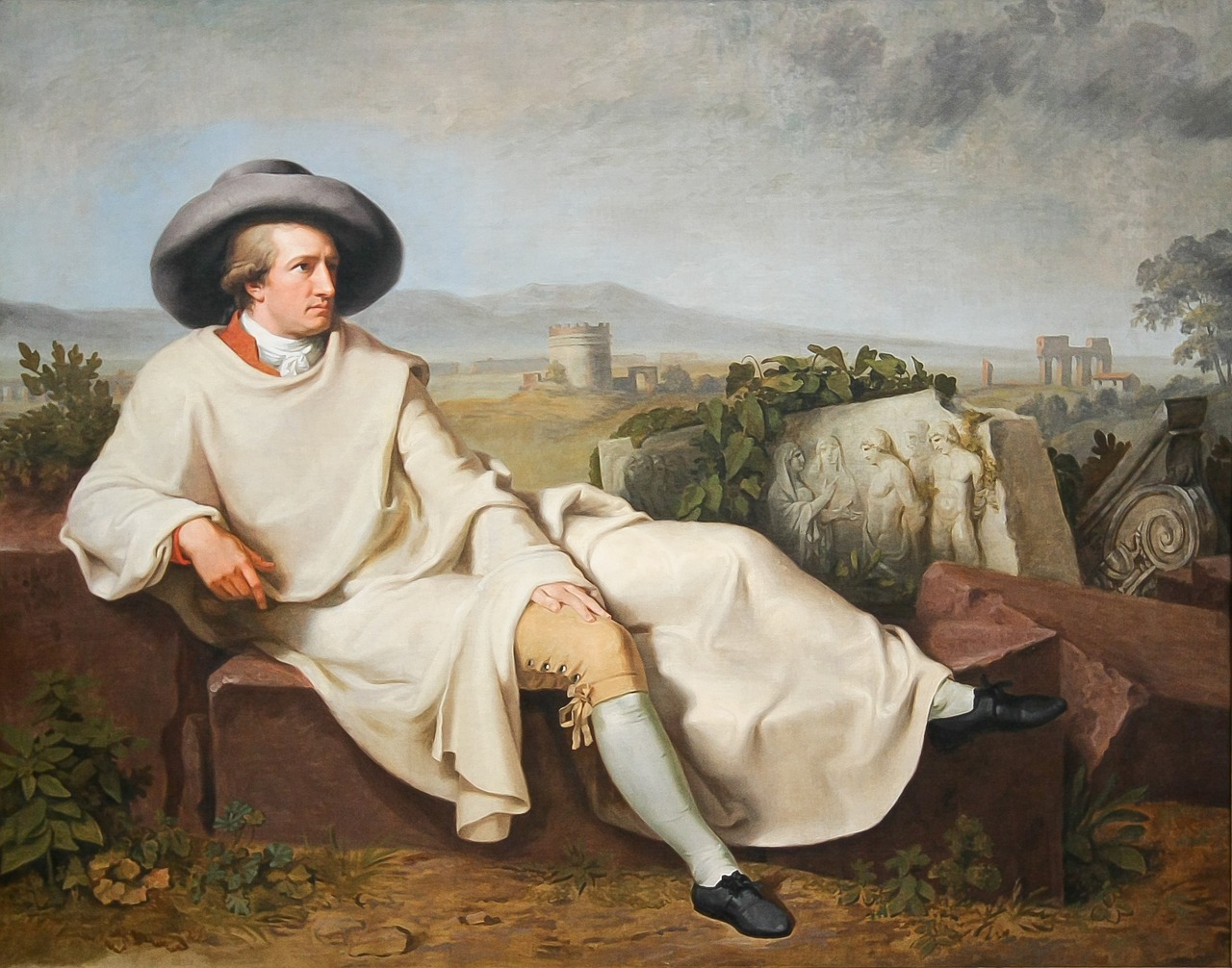
Allegory of the Cave
Plato's Allegory of the Cave is a profound metaphor that delves into the nature of reality, human perception, and the journey towards enlightenment. In this allegory, Plato illustrates a scenario where prisoners are chained inside a cave, facing a wall their entire lives. They can only see shadows cast by objects behind them, believing these shadows to be the sole reality. The allegory symbolizes the ignorance of the unenlightened mind, trapped in a world of illusions and false beliefs.
As one prisoner breaks free and ascends to the outside world, he experiences the blinding light of the sun and discovers the true nature of reality. This journey represents the philosopher's quest for knowledge and the painful transition from ignorance to enlightenment. The freed prisoner then returns to the cave to enlighten his fellow prisoners, symbolizing the philosopher's duty to share wisdom and lead others towards truth.
Plato's Allegory of the Cave challenges us to question our perceptions, beliefs, and the limitations of our understanding. It prompts us to reflect on the power of education, critical thinking, and self-discovery in breaking free from the chains of ignorance and embracing the light of truth. Just as the prisoners in the cave must undergo a transformative journey to attain enlightenment, so too must we embark on our own intellectual and spiritual exploration to uncover the deeper truths of existence.

Philosophy of Education
Exploring the life and philosophical contributions of Plato, one of the most influential figures in Western philosophy. Delving into his theories on metaphysics, ethics, politics, and the nature of reality.
Plato's philosophy of education is a beacon of enlightenment amidst the darkness of ignorance. He believed that education was not merely the acquisition of knowledge but a transformative journey of the soul towards the ultimate truth. In Plato's ideal society, education was the cornerstone of creating virtuous individuals who would contribute to a just and harmonious community.
Central to Plato's philosophy of education was the concept of the philosopher-king, a ruler who possessed both intellectual prowess and moral integrity. These enlightened leaders were tasked with guiding society towards the realization of the Forms, the eternal and unchanging ideals that underpin reality.
Plato viewed education as a process of recollection, where the soul remembers the eternal truths it once knew before birth. Through dialectic and philosophical inquiry, individuals could uncover these innate truths and strive towards wisdom and enlightenment.
For Plato, the ultimate goal of education was not just the accumulation of facts but the cultivation of virtue and the pursuit of the Good. By instilling moral values and critical thinking skills in the youth, education could shape individuals who would contribute positively to society and lead a life of purpose and fulfillment.
In Plato's allegory of the cave, education is depicted as the journey from darkness to light, from ignorance to knowledge. Just as the prisoner in the cave is liberated by the power of knowledge, so too can individuals be freed from the chains of ignorance through the transformative power of education.
Plato's philosophy of education continues to inspire educators and philosophers alike, reminding us of the profound impact that learning and enlightenment can have on individuals and society as a whole.
Q: What was Plato's view on the purpose of education?
A: Plato believed that the purpose of education was to cultivate virtue and lead individuals towards the ultimate truth and wisdom.
Q: How did Plato envision the role of educators in society?
A: Plato saw educators as the guardians of knowledge and virtue, responsible for guiding individuals towards self-realization and the pursuit of the Good.
Q: What is the significance of Plato's allegory of the cave in his philosophy of education?
A: The allegory of the cave symbolizes the transformative power of education in liberating individuals from ignorance and leading them towards enlightenment and understanding.
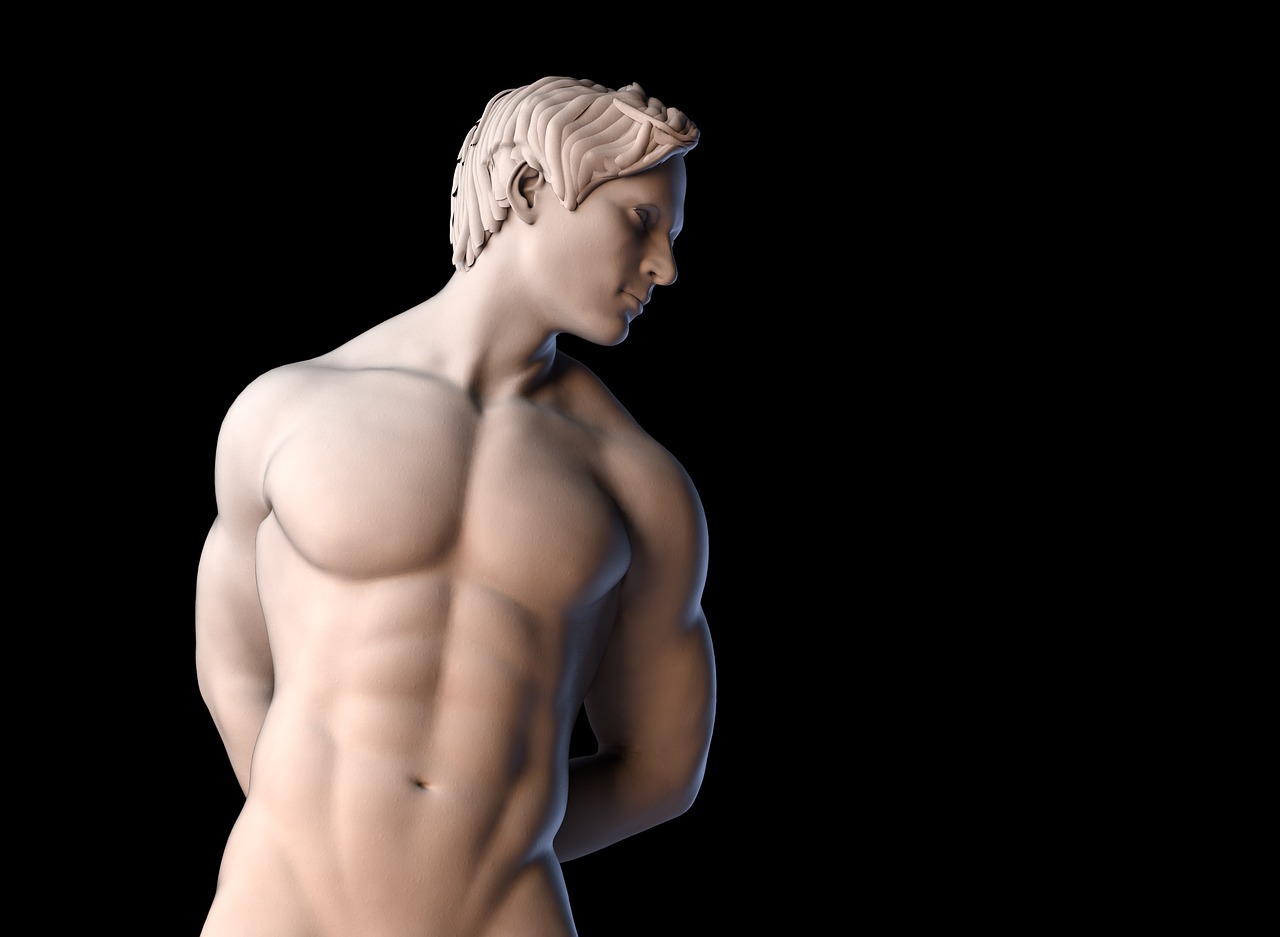
Political Philosophy
Plato's political philosophy, as expounded in his renowned work The Republic, delves into the construction of an ideal state governed by philosopher-kings. In this utopian society envisioned by Plato, the rulers are individuals who have attained the highest form of knowledge and wisdom, ensuring that governance is guided by intellectual prowess rather than mere political ambition. The concept of philosopher-kings reflects Plato's belief in the importance of virtuous leadership and the ideal state as one where justice prevails at every level.
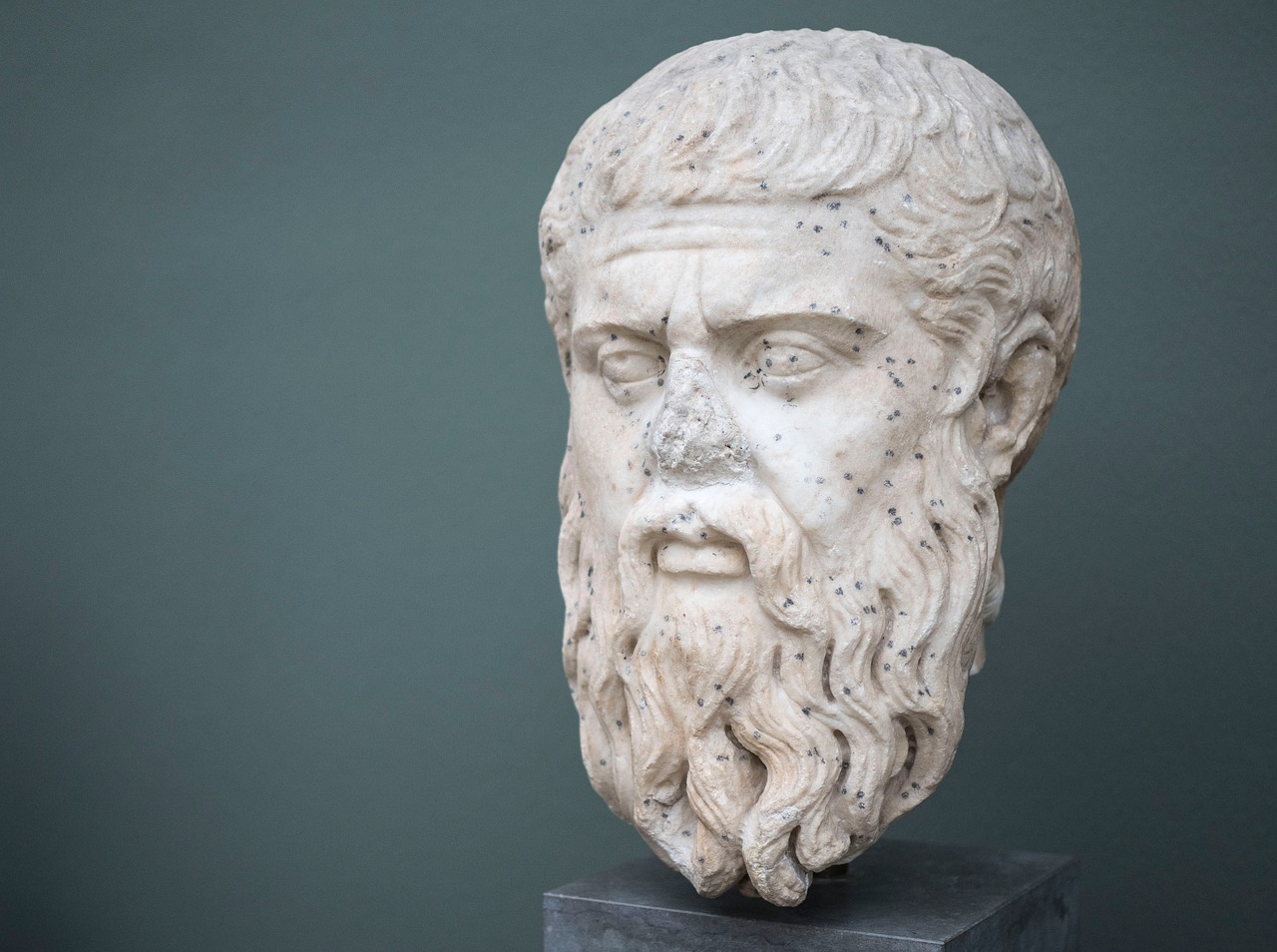
The Republic,
Exploring the life and philosophical contributions of Plato, one of the most influential figures in Western philosophy. Delving into his theories on metaphysics, ethics, politics, and the nature of reality.
An overview of Plato's upbringing, including his time as a student of Socrates and the impact of these formative years on his philosophical development.
Examining Plato's concept of Forms as the ultimate reality behind the physical world, and its implications for understanding the nature of knowledge and truth.
Analyzing one of Plato's most famous allegories, exploring its symbolic representation of human perception, enlightenment, and the journey towards philosophical understanding.
Discussing Plato's views on education as a transformative process aimed at cultivating the individual's soul and fostering a just society.
Exploring Plato's ideal state in The Republic, including the concept of philosopher-kings, the role of justice, and the structure of a utopian society.
Examining Plato's ethical theory centered on the pursuit of virtue, the nature of the soul, and the ultimate goal of human life as the attainment of wisdom.
Tracing the lasting impact of Plato's ideas on subsequent philosophical thought, from the development of Neoplatonism to his influence on Christian theology and modern philosophy.
Considering the criticisms leveled against Plato's philosophy, including challenges to his theory of Forms, his views on democracy, and the ongoing debates surrounding his legacy in contemporary philosophy.
In Plato's magnum opus, The Republic, he presents his vision of an ideal society governed by philosopher-kings. This seminal work delves into the nature of justice, the structure of the state, and the role of individuals within the collective whole. Plato's allegory of the cave is also referenced in The Republic, illustrating the journey from ignorance to enlightenment and the challenges inherent in seeking truth and wisdom.

including the concept of philosopher-kings, the role of justice, and the structure of a utopian society.
Exploring the life and philosophical contributions of Plato, one of the most influential figures in Western philosophy. Delving into his theories on metaphysics, ethics, politics, and the nature of reality.
An overview of Plato's upbringing, including his time as a student of Socrates and the impact of these formative years on his philosophical development.
Examining Plato's concept of Forms as the ultimate reality behind the physical world, and its implications for understanding the nature of knowledge and truth.
Analyzing one of Plato's most famous allegories, exploring its symbolic representation of human perception, enlightenment, and the journey towards philosophical understanding.
Discussing Plato's views on education as a transformative process aimed at cultivating the individual's soul and fostering a just society.
Exploring Plato's ideal state in The Republic, including the concept of philosopher-kings, the role of justice, and the structure of a utopian society.
Examining Plato's ethical theory centered on the pursuit of virtue, the nature of the soul, and the ultimate goal of human life as the attainment of wisdom.
Tracing the lasting impact of Plato's ideas on subsequent philosophical thought, from the development of Neoplatonism to his influence on Christian theology and modern philosophy.
Considering the criticisms leveled against Plato's philosophy, including challenges to his theory of Forms, his views on democracy, and the ongoing debates surrounding his legacy in contemporary philosophy.
Plato's concept of philosopher-kings embodies the idea of rulers who possess both intellectual wisdom and moral integrity, guiding the state towards the ultimate good. Justice, in Plato's ideal state, is the harmonious balance of the three classes - rulers, guardians, and producers - each performing their designated roles for the greater good of society. The structure of a utopian society envisioned by Plato involves a hierarchical system based on merit and virtue, where individuals strive towards the common goal of achieving a just and harmonious community.
Coming soon...
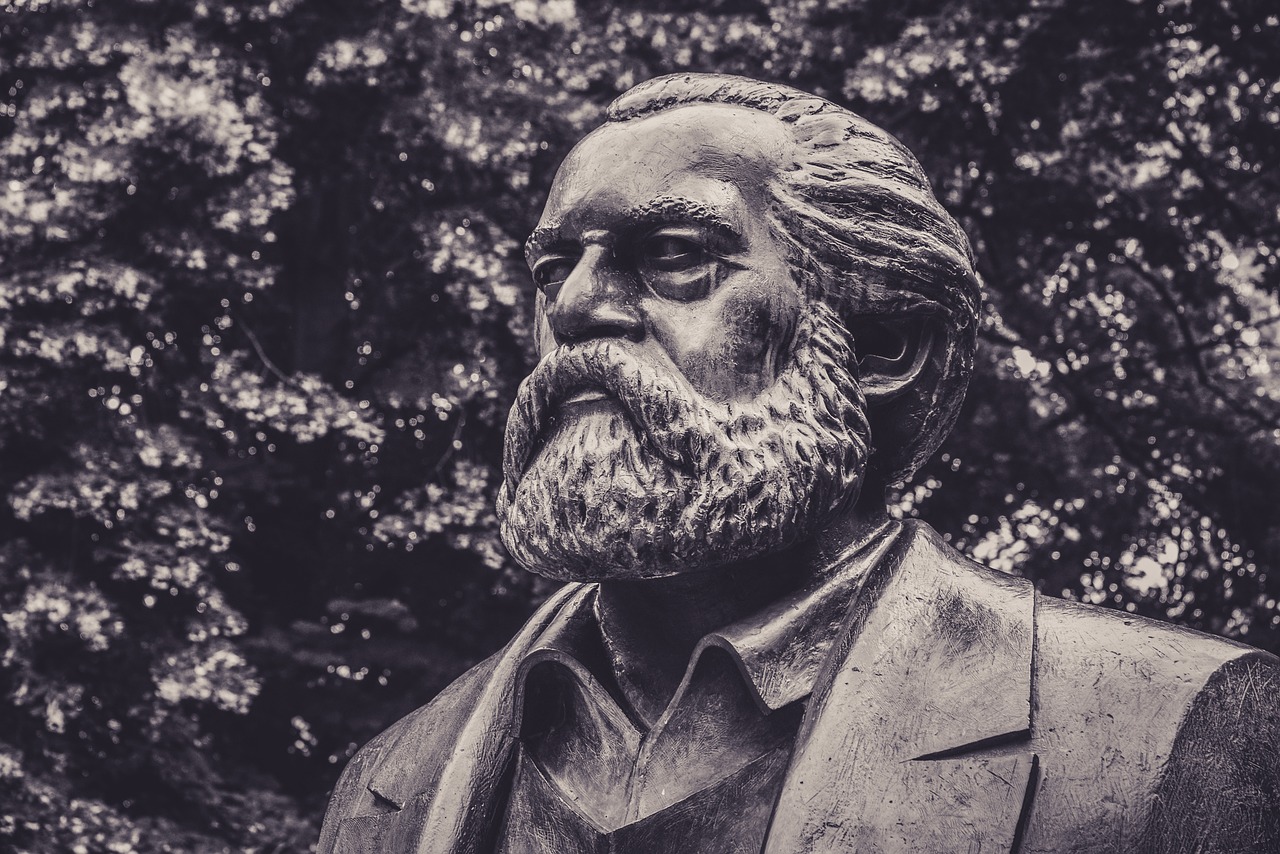
Ethics and Virtue
Plato's ethical philosophy delves deep into the realms of virtue, morality, and the essence of human existence. At the core of his teachings lies the belief that the ultimate goal of life is the pursuit of wisdom and the cultivation of virtue. According to Plato, virtue is not merely an external display of goodness but a reflection of the harmony and balance within the soul.
In Plato's view, the soul is divided into three parts: reason, spirit, and desire. He posits that true virtue is achieved when reason governs over spirit and desire, leading to a state of inner harmony and moral excellence. This alignment of the soul with reason is essential for individuals to lead a virtuous life and fulfill their true potential.
Plato's ethical theory emphasizes the importance of self-reflection, introspection, and intellectual growth in the pursuit of virtue. He believed that true knowledge of the self and the world around us is the key to living a morally upright life. By cultivating wisdom and understanding, individuals can transcend the material world and connect with the eternal truths that underpin reality.
Furthermore, Plato argues that the ultimate aim of ethical living is not just personal fulfillment but the betterment of society as a whole. He believed that a just society can only be achieved when individuals strive for virtue and uphold moral principles in their actions. In Plato's ideal state, rulers are philosopher-kings who possess both intellectual wisdom and moral integrity, guiding the society towards justice and harmony.
Through his ethical philosophy, Plato challenges individuals to look beyond the superficialities of everyday life and seek a deeper understanding of the moral principles that govern human existence. By embracing virtue, cultivating wisdom, and aligning the soul with reason, individuals can embark on a transformative journey towards self-realization and ethical enlightenment.
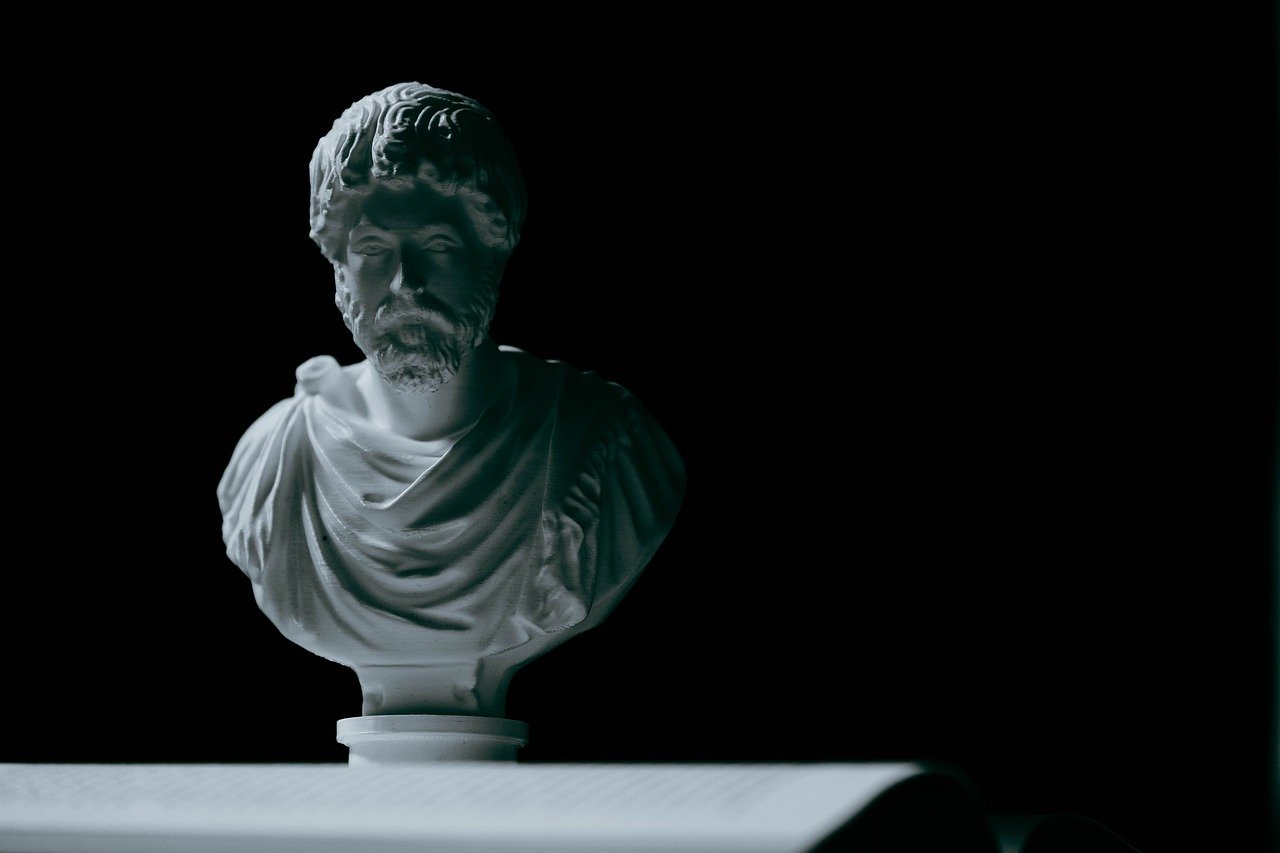
Legacy and Influence
Plato's enduring legacy in the realm of philosophy is akin to a mighty river that has carved its path through the landscape of human thought, leaving an indelible mark for generations to come. His profound ideas, particularly his Theory of Forms, continue to shape the way we contemplate the nature of reality and knowledge.
One of the most significant impacts of Plato's philosophy is the development of Neoplatonism, a school of thought that sought to further explore and expand upon his teachings. Neoplatonism, with figures like Plotinus at its helm, delved deeper into metaphysical concepts and spiritual realms, building upon the foundation laid by Plato.
Furthermore, Plato's influence extended beyond the realm of philosophy into the domain of Christian theology. His ideas on the immortality of the soul, the existence of a higher reality, and the pursuit of virtue resonated deeply with early Christian thinkers, shaping the theological landscape of the time.
In the realm of modern philosophy, Plato's legacy can be seen in the works of prominent thinkers such as Immanuel Kant and Friedrich Nietzsche, who engaged with and critiqued his ideas. Kant, for instance, grappled with Plato's notions of the transcendent and the noumenal, weaving them into his own philosophical framework.
Overall, Plato's legacy and influence are a testament to the enduring power of ideas. Like a beacon in the night, his philosophical insights continue to illuminate the path for those who seek wisdom and truth in the labyrinth of human existence.
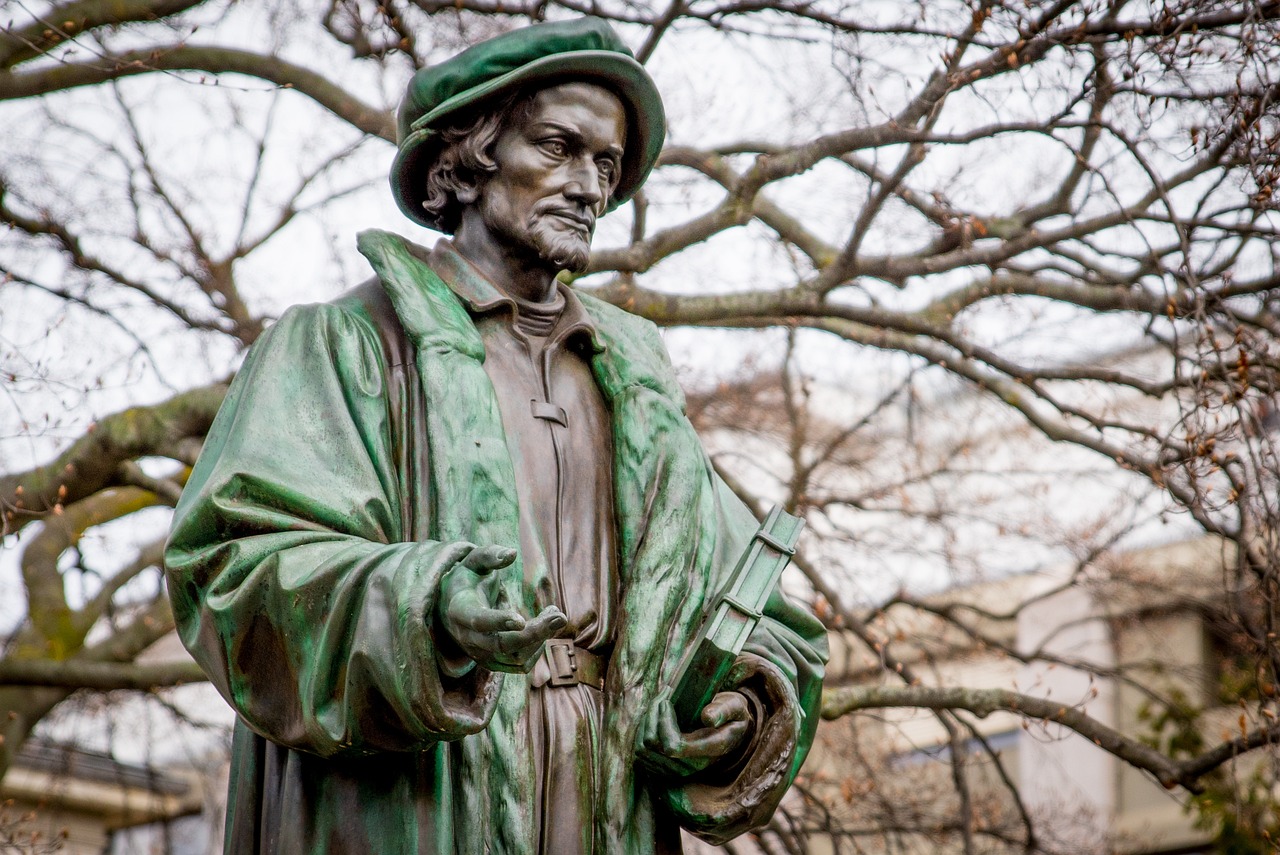
Critiques and Controversies
Exploring the life and philosophical contributions of Plato, one of the most influential figures in Western philosophy. Delving into his theories on metaphysics, ethics, politics, and the nature of reality.
Plato's philosophical ideas have not been immune to criticism and controversy. One of the primary points of contention revolves around his theory of Forms. Critics argue that the existence of these abstract, perfect Forms separate from the physical world is too abstract and unverifiable. They question how one can truly know these Forms and whether they have any practical application in the real world.
Another area of debate surrounds Plato's views on democracy. While Plato advocated for a hierarchical society led by philosopher-kings, some argue that his distrust of democracy and preference for an elite ruling class limit individual freedoms and create potential for authoritarianism.
Furthermore, the ongoing discussions about Plato's legacy in contemporary philosophy raise questions about the relevance of his ideas in the modern world. Critics question whether his emphasis on abstract concepts and idealized forms is applicable to today's complex societal issues and diverse perspectives.
Despite these critiques, Plato's enduring influence on philosophy cannot be denied. His ideas continue to spark debates, inspire new interpretations, and shape the ongoing dialogue in the philosophical community.
Stay tuned for answers to common questions about Plato's life, philosophy, and impact on Western thought.
Frequently Asked Questions
- What are some key aspects of Plato's early life and education?
Plato's early life was greatly influenced by his time as a student of Socrates, which played a pivotal role in shaping his philosophical development. His upbringing and education laid the foundation for his later work and ideas.
- What is Plato's Theory of Forms and why is it significant?
Plato's Theory of Forms posits that there exists a higher, non-material realm of Forms that represent the true reality behind the physical world. This concept is crucial for understanding Plato's views on knowledge, truth, and the nature of reality.
- How does Plato's Allegory of the Cave symbolize human perception?
The Allegory of the Cave serves as a metaphor for the journey from ignorance to enlightenment. It symbolizes the process of philosophical awakening and the pursuit of true understanding beyond mere appearances.
- What are some key elements of Plato's political philosophy?
Plato's political philosophy, as outlined in "The Republic," includes the concept of philosopher-kings, the importance of justice in society, and the structure of an ideal state aimed at achieving harmony and virtue.
- How does Plato define ethics and virtue in his philosophical teachings?
Plato's ethical theory revolves around the pursuit of virtue as the ultimate goal of human life. He explores the nature of the soul, the importance of wisdom, and the path towards moral excellence.
- What is the lasting impact of Plato's ideas on philosophy and theology?
Plato's ideas have had a profound and enduring influence on philosophical thought, ranging from Neoplatonism to Christian theology. His legacy continues to shape modern philosophy and ethical discourse.
- What are some common criticisms of Plato's philosophy?
Plato's philosophy has faced critiques on various fronts, including challenges to his Theory of Forms, debates on his views regarding democracy, and ongoing controversies surrounding his philosophical legacy in contemporary discourse.


